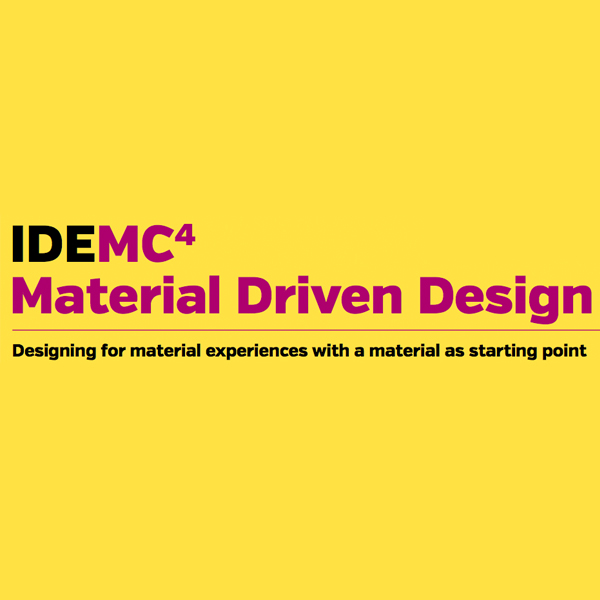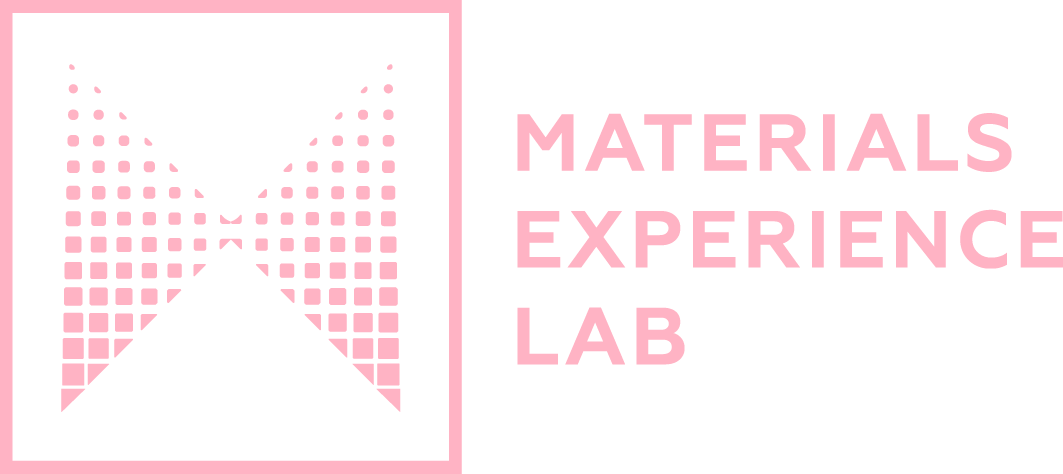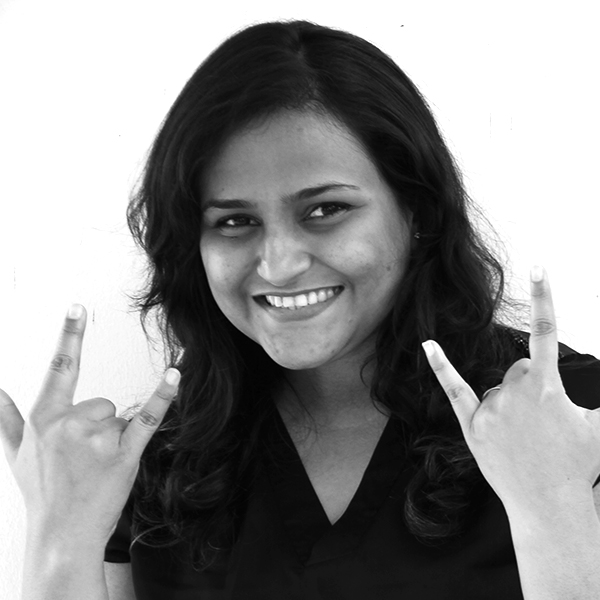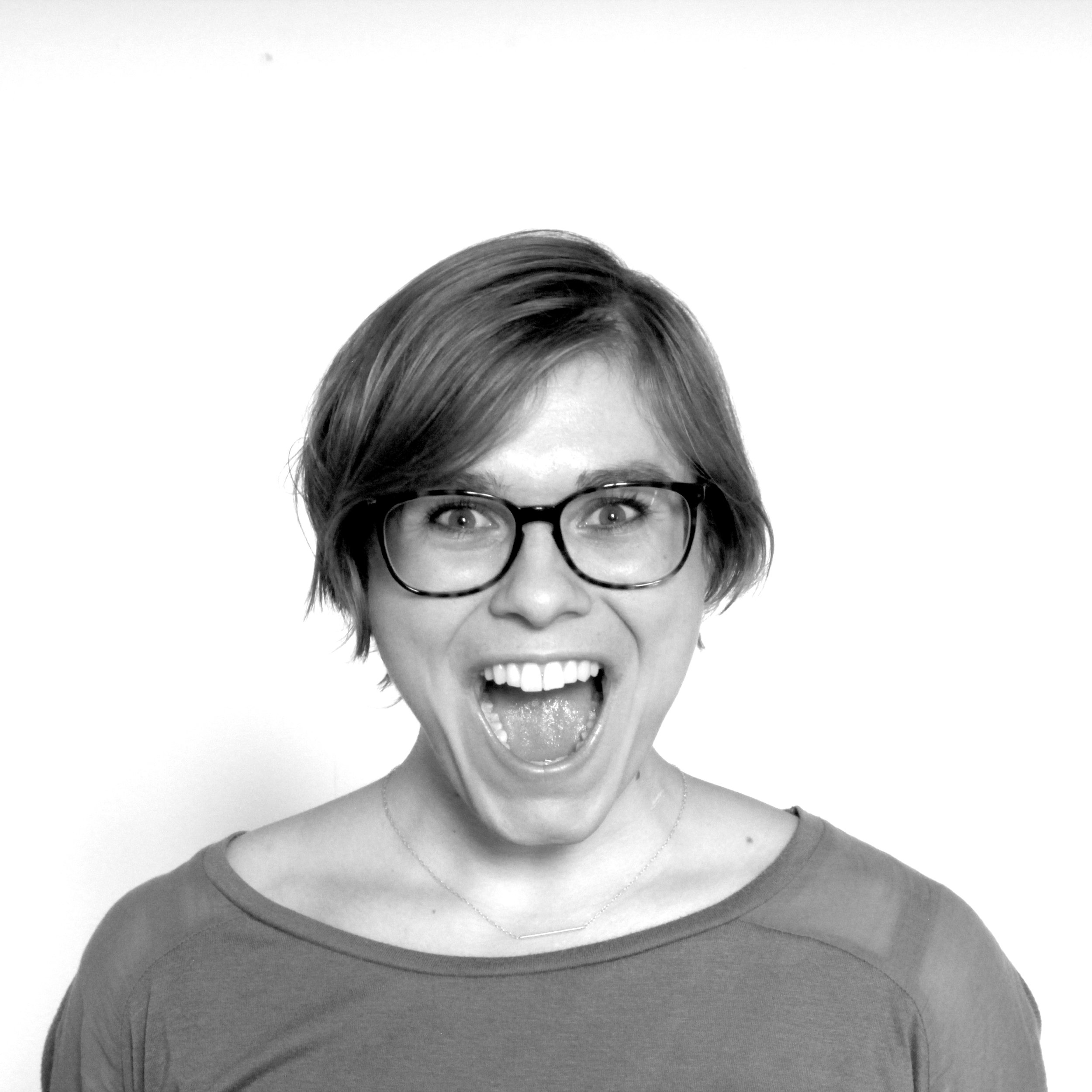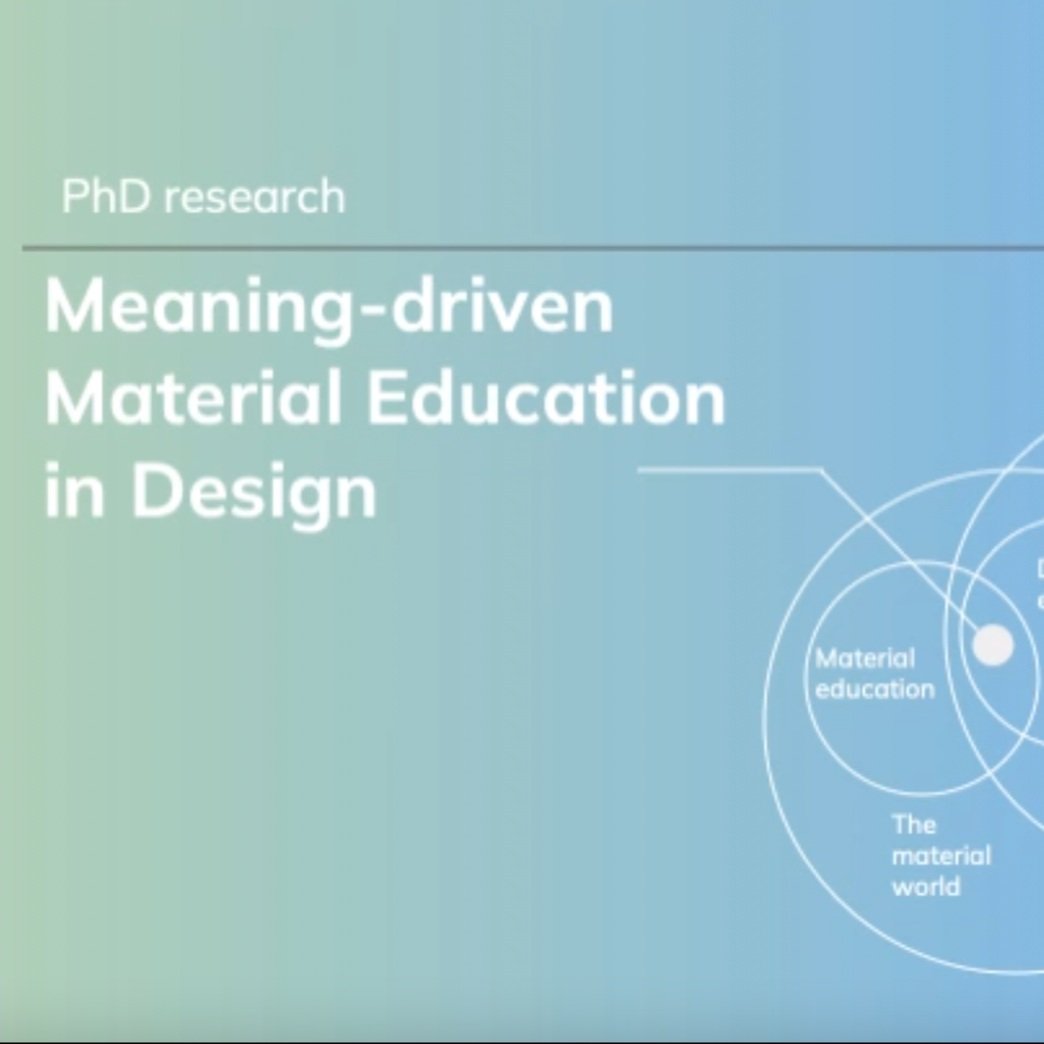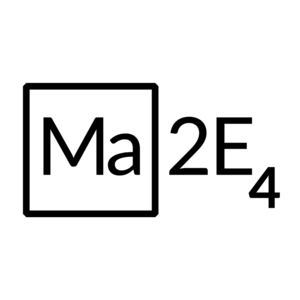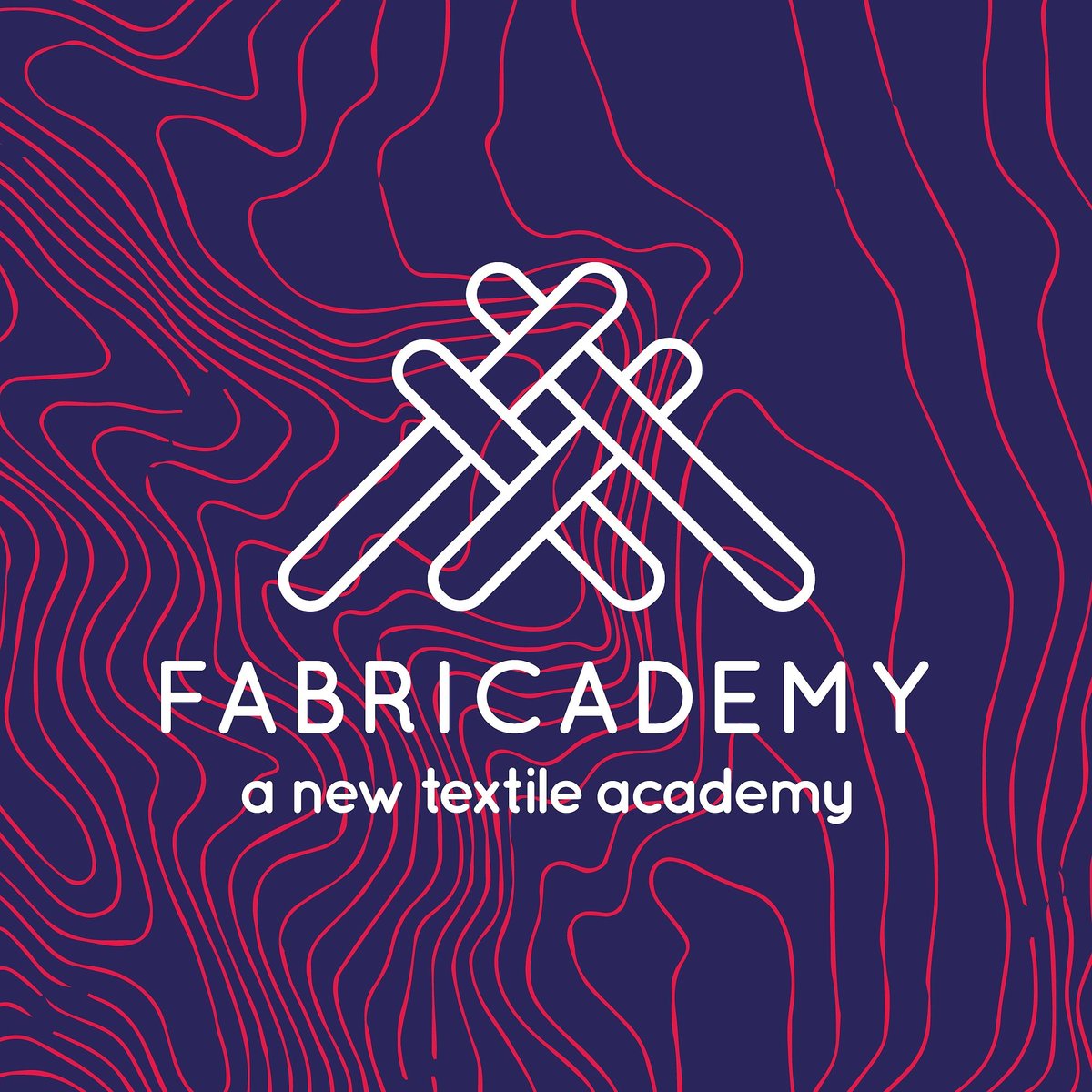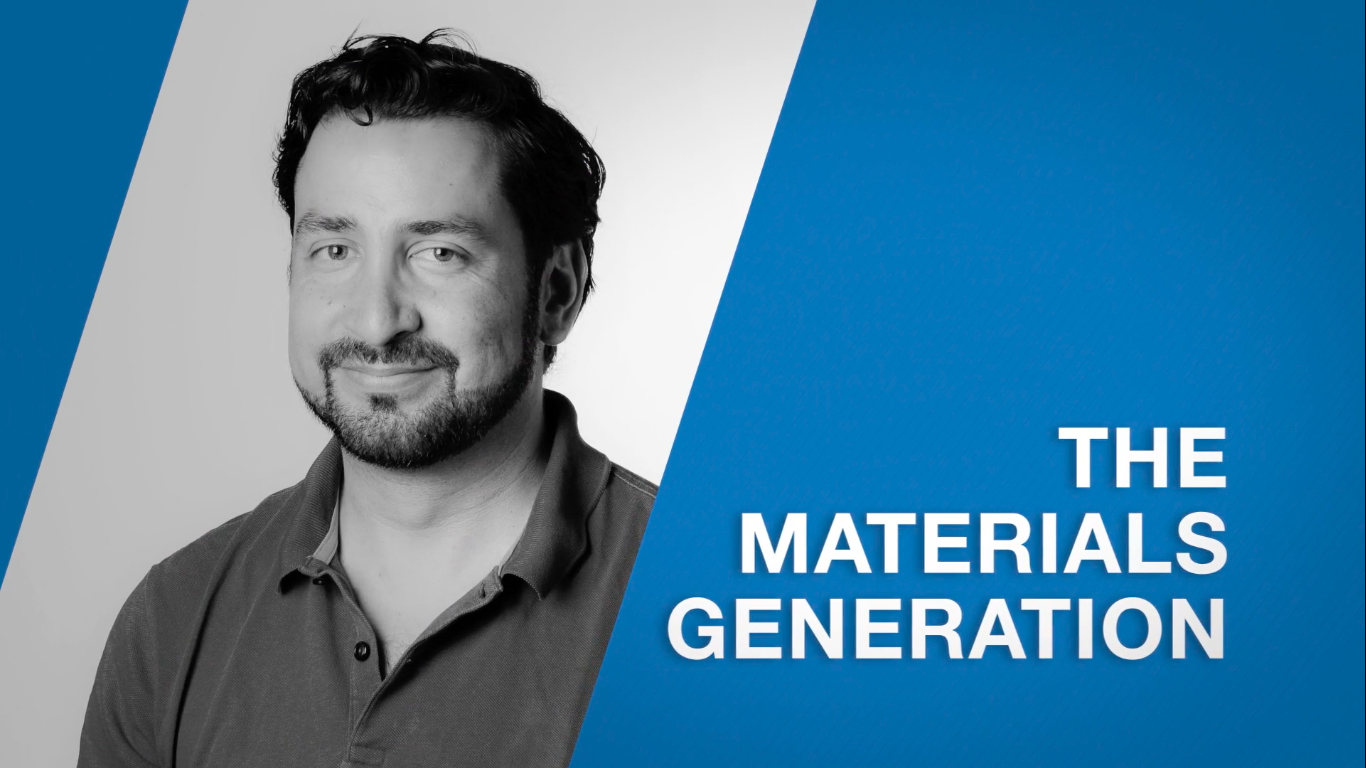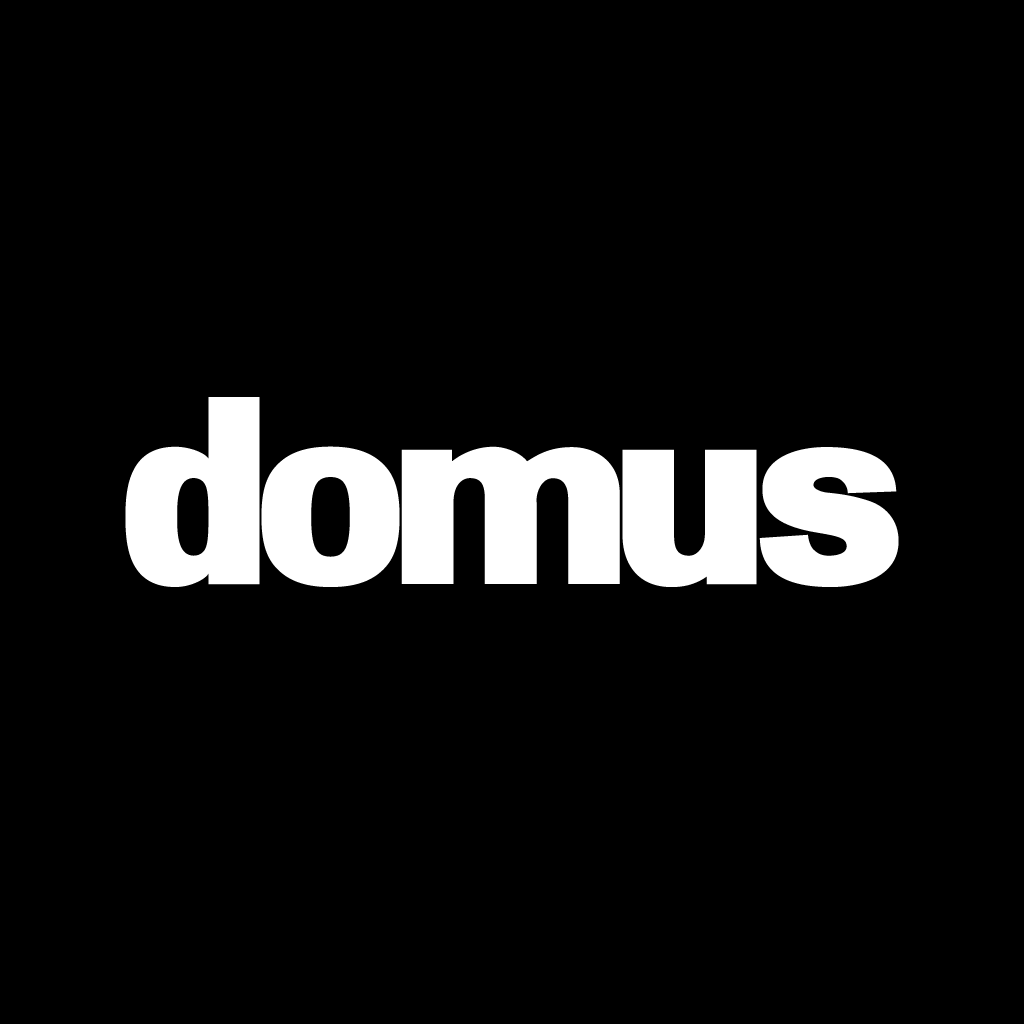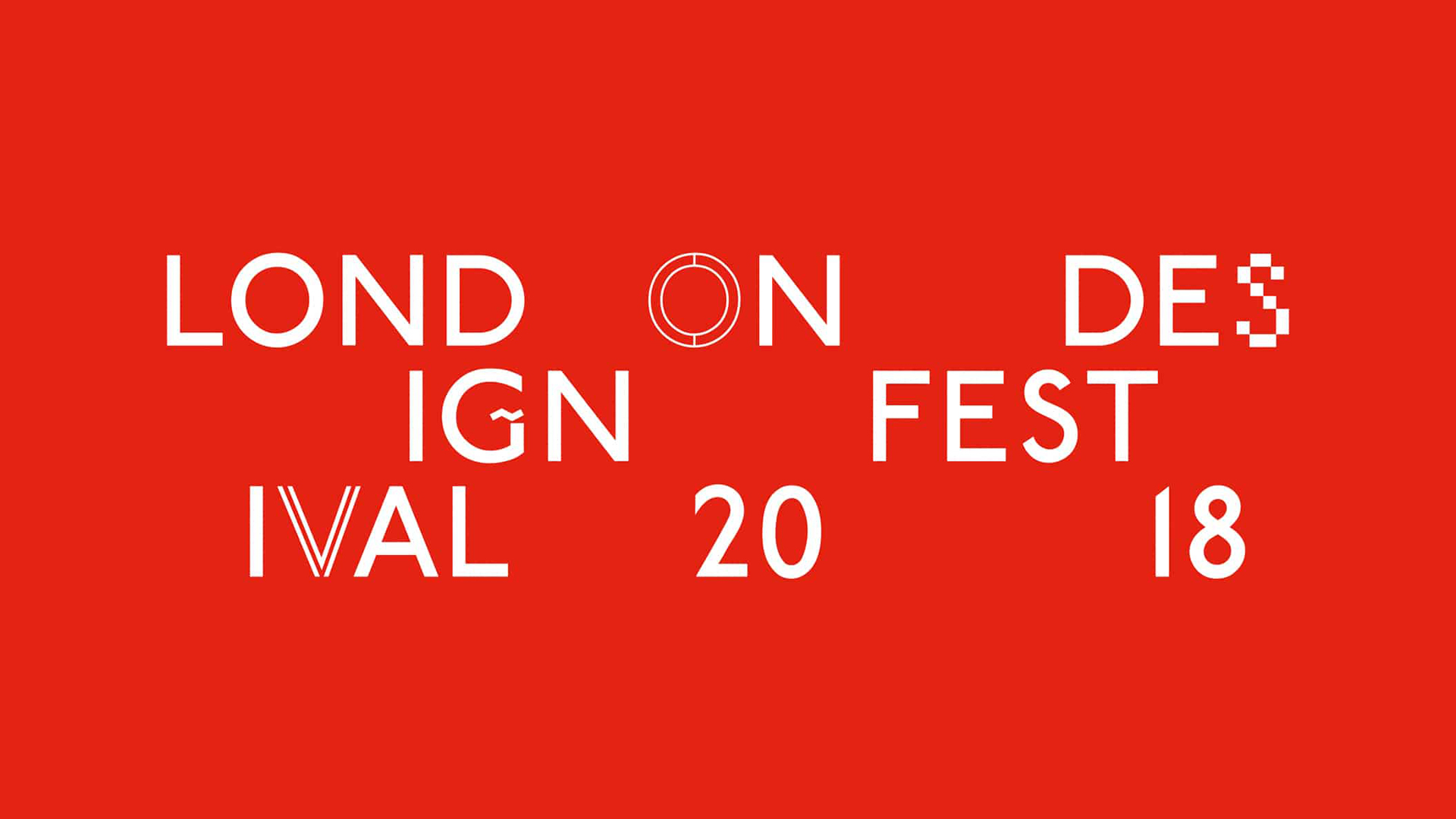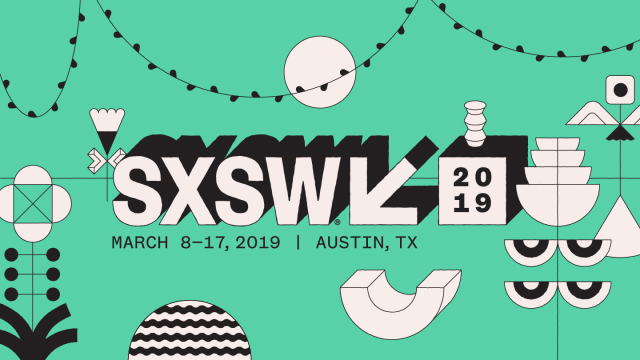Random Posts
- Barbara Pollini

BARBARA POLLINI
Ph.D. Candidate - Politecnico di Milano, Department of Design, Italy
Supervisor
Since 2010 I have been dealing with sustainable design; specializing with a Master in Ecodesign and Eco-innovation, where I learned a life cycle design approach, and a Master's Degree in Computational Design, where I deepened the integration of biomimicry for the development of new materials, based on generative modelling and additive manufacturing.
Over the years, I have researched D4S from different perspectives: as a designer, educator and consultant, deepening in recent years the topic of sustainable materials (mainly circular, organic, waste-based and biofabricated ones), paying attention to both industrial production and self-production phenomena, such as DIY-Materials. Matter, and its management in the design process, are often crucial in the environmental impact of products and services; for the same reason, materials can become a turning point in innovation and sustainability for future productions. This is the case for materials made from and with living organisms, which are today the focus of my PhD research. With a transdisciplinary approach combining material design, biology and ecology, the study investigates how this new emerging materiality can be framed in the context of sustainable design. As a PhD candidate, I have been involved in the EU-funded project "MaDe: Material Designers. Boosting Talent towards Circular Economy". Currently, I'm involved in the research project "De_Forma: Design Explorations on bio-Fabricated Organic Materials" in Politecnico di Milano; I'm a Visiting PhD student at ITESO, Universidad Jesuita de Guadalajara, Mexico, collaborating with Materioteca ITESO and lecturing for the course of Circular Materials; I'm sharing my research path(s) on healing-meterialities.design, an online observatory where I'm making available tools, publications and expert interviews on biodesign and biofabricated materials.
Current Project
HEALING MATERIALITIES FROM A BIODESIGN PERSPECTIVE
My research focuses on those material scenarios based on the regenerative processes of resources instead of depletion. Including both living materials (made of and with living organisms) and life-enabling materials (inert materials welcoming and supporting life), this study develops in a context of multispecies design.
The research intersects the constantly evolving concept of sustainability, the material design discipline, and biodesign – the latter being a radical approach based on the integration of living organisms as functional components in the design process. The study originates from a transdisciplinary approach, adopted to understand the implications that living materials can have on sustainable design, aiming to define the boundaries of newly designed materialities where the final goal is to support life.
The conceptual framework deriving from this research is defined as Healing Materialities, highlighting the reconciling and repairing attitude of these materials, and framing them in a regenerative design perspective.
My research path is available via an online observatory where tools, publications, and interviews with experts are shared (beta version accessible here).
Publications
Pollini, B. (2021). Sustainable design, biomimicry and biomaterials: exploring interactivity, connectivity and smartness in Nature. Chapter in: Rognoli, V., Ferraro, V (Eds.), “ICS Materials: interactive, connected, and smart materials”, Franco Angeli, Milano. pp 60–73
Rognoli V., Ayala-Garcia C., Pollini B. (2021). DIY Recipes. Ingredients, Processes and Materials Qualities. Chapter in: Clèries L., Rognoli V., Solanki S. e Llorach P. (Eds.), “Material Designers. Boosting talent towards circular economies”, Elisava School of Design and Engineering, Barcelona.
Pollini B., Lavagna M., Rognoli V. (2020). LCA-based material selection in the early stages of design: environmental benefits, tools, obstacles and opportunities. IX Conference of the Italian LCA Network Association, Cortina d'Ampezzo (BL).
Pollini B., Pietroni L., Mascitti J., Paciotti D. (2020). Towards a new material culture. bio-inspired design, parametric modeling, material design, digital manufacture. In Perriccioli M., Rigillo M., Russo Ermolli S., Tucci F., Design in the Digital Age. Technology, Nature, Culture (pp. 208-212). Bologna: Politecnica University Press, Maggioli editore.
Rognoli V., Santulli C., Pollini B. (2017). DIY-Materials design as an invention process. DIID. Disegno industriale, Industrial Design, vol.62/63, pp.9-17, Rome.
Pollini B., Maccagnan F. (2017). Thinking with our hands. Materia Rinnovabile / Renewable Matter N°19, December2017/January2018, ISSN 2385-2240, edited by Edizioni Ambiente
- Joren Wierenga

Joren wierenga
BioLab Technician – Delft University of Technology, The Netherlands.
SUPERVISORS
Prof. Dr. Elvin Karana
Joren Wierenga is a research technician for the BioLab at the Faculty of Industrial Design Engineering. Joren holds a BSc and MSc in Biology and Marine Sciences respectively, both from Utrecht University. In 2016 Joren started a PhD at the University of Geneva in microbial ecology. During his PhD Joren focused on how environmental factors affect the interaction between phytoplankton and parasitic fungi. To this end he gained experience in prototyping and building several experimental set-ups and growing different types of micro-organisms under varying conditions. After finishing his PhD at University of Geneva he wanted to expand his horizons to work on more diverse projects. Joren joined the group to run the new BioLab and to support the PhD-students with their projects.
- Ziyu Zhou

ziyu zhou
Ph.D. Candidate - Politecnico di Milano, Department of Design, Italy
Visiting PhD student – Offenbach University of Art and Design (Hochschule für Gestaltung Offenbach am Main), Institute for Materialdesign, Germany
Supervisor
Prof. Manuela Celi
Ziyu Zhou is a Ph.D. candidate in Politecnico di Milano, Department of Design. Through analyzing the teaching and learning process on materials in design, she is devoting her research on exploring what materials and material education can bring to design students, and, most importantly, how do they work. She is committed to clarifying the explanation on relationships mainly between materials experience and the design teaching and learning activities.
Prior to this, in 2015, Ziyu obtained her Bachelor degree in Industrial design in Jiangnan University, Wuxi, China. In the same year, she starts her Master study in Product Service System Design in Politecnico di Milano, Department of Design, Italy. During her study, she gained lots of experience and skills on product design and design thinking through a series of national projects / international design competitions. Also, she has proficient communication abilities as a designer through learning under differentiated cultures. In 2016, she attended the course “Designing Materials Experience” by Valentina Rognoli and started her story on materials and design fortunately. After one year in 2017, she got her Master degree through the graduation project: DIY bioplastic Club. With the integration of her knowledge in DIY materials, product design, service system design and interactive design, through designing a toolkit on enabling people to make their personalized DIY bioplastics, she started her research on how people view and use the materials experience to enrich their ideas and design.
The main topics of Ziyu’s research and practice are situated in the intersection between: [1]The generic process, methodologies and spaces in educating design students on materials and through materials; [2] Emerging activities applying material experience into design education; [3] Development and creative practices in material-driven design; [4] Multisensory design with materials; [5] self-production, DIY, trans-disciplinary practices for materials generation.
Current Project
MATERIAL EDUCATION FOR DESIGN
The relationship between materials and design is already being clarified by many scholars. With the perspective-changes on material and design in the past and the present, material potentially influences on our views on design. Nowadays, the education of materials for design is not restrained in listing the knowledge about materials and their technical attributes which can fit design, but emphasized on guiding students to learn how to provoke experience to users, with different choices of materials or even create new materials. Sensorial-expressive characterization of materials is getting more attention from design educators and students in the start of material investigations. Starts from these viewpoints towards materials in design and design education in recent years, this research will take our sight onto how could material drive innovation and facilitate the higher design education, through inspiring students’ design thinking and gaining design their design abilities comprehensively.
Publications
Zhou, Z. (2020). Engaging Material Education in Design. The Design Journal, 24(1), 149-159. DOI: 10.1080/14606925.2020.1830549
Zhou, Z., Rognoli, V., & Celi, M. (2020). Features of material exploration projects emerged in design schools. In Conference Proceedings EDUNOVATIC 2020 (pp. 704-709). Redine.
Zhou Z., Rognoli, V. (2020). Designing Materials and Material Designers: Research by DIY-Materials Research Group. ZHUANGSHI Journal, 2020 (01. Total No. 321):17-23
Zhou Z., Rognoli, V. (2020). Material Education: New Training, New Skills. Chapter in MaterialDesigners Book.
Zhou, Z., & Rognoli, V. (2019). Material Education in Design: From Literature Review to Rethinking. In Fifth International Conference for Design Education Researchers (pp. 111-119). METU Department of Industrial Design.
Zhou. Z.; Rognoli. V.; Ayala-Garcia. C. (2018), Educating designers through Materials Club, 4th International Conference on Higher Education Advances (HEAd’18), http://dx.doi.org/10.4995/HEAd18.2018.8206
- Prarthana Majumdar
Prarthana Majumdar
Ph.D. Candidate - Delft University of Technology, The Netherlands
Supervisors
Prarthana Majumdar is a PhD candidate in the department of Design Engineering at Delft University of Technology, the Netherlands.
Prarthana graduated as the highest performer in Mechanical Engineer from Indian Institute of Technology Guwahati (IIT) and later received her Masters Cum Laude from Stanford University, USA. She worked at Apple, Inc. for two years wherein she fell in love with good design. She has interned in the field of Sustainable Management for small scale handicraft industries in India. She has also been leading two projects for the development of portals that promote connectivity among students and alumni in IIT's.
Her areas of interest are: Materials, Innovation Strategy, Technology Do-it-yourself.
Project (2016-17)
DIY MATERIAL EXPERIENCES IN DELTAS
Her project as a PhD scholar focuses on promoting Do-it-Yourself material practices in the Base of the Pyramid, primarily India and Bangladesh. She focuses on Social Innovation and Materials Experience to understand how local eco-materials and recycled materials can be used for prosumption products in such developing countries. The project aims at bridging concepts and technologies like 3D printing and crowdsourcing to the realm of Design for Base of the Pyramid and contributing towards democratization of innovation and manufacturing in this segment that constitutes 70% of the global population.
PublicationS
- Majumdar, P., Karana, E., Ghazal, S., Sonneveld, M.H. (2017). The Plastic Bakery: A case of material driven design. In Alive. Active. Adaptive: Proceedings of International Conference on Experiential Knowledge and Emerging Materials (EKSIG 2017), June 19-20, Delft, the Netherlands, pp. 116-128.
Majumdar, P., & Banerjee, S. (2017). The Challenges to Sustainable Growth of the Micro Scale Kuhila Craft Industry in India (6th International Conference on Research and Design, iCoRD’17).
Majumdar, P., Ji, S., & Banerjee, S. (2017). Disconnect between Consumer Preferences of Young-Urban Buyers and the Value Proposition of the Rattan and Bamboo Furniture Industry in Assam (6th International Conference on Research and Design, iCoRD’17)
- Davine Blauwhoff
Davine Blauwhoff
Researcher - Delft University of Technology, The Netherlands
Supervisor
In 2016 Davine Blauwhoff (26) graduated as an Industrial Designer from Delft University of Technology. Her previous studies include a bachelor program Industrial Design at the University of Technology Eindhoven and the propaedeutic year at the Design Academy Eindhoven. Apart from education, she enjoys various sports (field hockey and athletics) and expresses her creativity by making interior design products or cooking spectacular food!
Throughout the years of studying design, at different institutions, she developed a strong interest in materials. To her, materials are a source of inspiration and a way to express ideas. During her graduation she did a Material Driven Design project where Fungi (mycelium) was the point of departure. Of course this has to be one of her favorite materials! Slightly more conventional, she is very fond of wood (especially Olive wood) and finds ceramics very exciting to work with.
As a graduated industrial designer, Davine positions herself between design, materials and research and has a strong interest in innovation and sustainability. Throughout the design process she thoroughly analyzes, explores and experiments in a structured way. Preferring to visualize, shape and detail her ideas through prototyping, she can translate her creativity into something tangible. In her work she pays a lot of attention to aesthetics where both shape and material integrate to support its function and product interaction.
Currently Davine has two part-time occupations, which are both material driven: 1) Freelance design researcher at TU Delft on a project with waste fibers & bio-plastics (Recurf) and 2) Junior researcher at CoE BBE (Centre of Expertise Biobased Economy) working with mycelium for the building industry. Prior working experiences comprise an internship at Studio Kees, an industrial Design agency, and Materia, an online material library.
CURRENT PROJECT
RECURF
The residents of Amsterdam produce an average of 17kg of textile waste per person per year. Of this, only 16% is collected separately. The rest end up as residual waste and will be incinerated. Only apart of the separated gathered textile is suitable for reuse or high quality recycling. The combination of textile wastefibres and bio-based plastics produce new materials with unique properties. Together with clothing collection organization Sympany, the AUAS is doing research to the possibilities of making lasting products with the discarded textiles of the inhabitants of Amsterdam. But also companies as Starbucks and Schiphol airport have textile waste flows; a unique circular product and business model arises by processing these for example in furniture for their own shops or departure and arrival halls.
In this project, Materials Experience Lab Researcher, Davine Blauwhoff, explores the design potential of waste textile-PLA composite materials. Applying the Material Driven Design (MDD) method (link), Davine develops unique materials and product applications which bring the unique qualities of the material forward.
PUBLICATIONS
- Karana, E., Blauwhoff, D., Hultink, E. J., Camere, S. (in preparation, available upon request), When The Material Grows: A Case Of Material Driven Design
- Roya Aghighi

ROYA AGHIGHI
Designer in residence
SUPERVISOR
Roya is a multidisciplinary designer holding two industrial design degrees from Emily Carr University of Art and Design, Canada and Iran University of Science and Technology. Through her practice she aims to highlight the critical role of design in shaping human behaviours. Being a multidisciplinary designer, she activates the gap between various fields and aims to push the borders between traditional academic disciplines to explore and introduce alternative future possibilities.
She has been exploring with materials as the fundamental element to re-imagine the role of designer as well as shifting the emphasis from product to process. She believes that focusing on materials could shape a new way to experience the world and how we position ourselves within it. Roya has been one of the material activist designers-collaborating with material engineers, scientists and biologists at University of British Colombia for past years to activate bio-design practices in Canada. She was speaker, Panelist and her work was presented in various exhibitions and conferences such as: Fashion Colloquium-Arnhem Netherlands 2018, Vancouver Design Week-2018, Pollima Material Revolution-Los Angles 2018, Bioneers conference-Los Angles 2018. Roya currently is a designer in residence at Material Experience Lab working on application of living textiles in design practice and researching its impact on human interactions with clothing.
CURRENT Project
IN COLLABORATION WITH THE MATERIALS EXPERIENCE LAB
The adoption of fast fashion has had disruptive effects on environmental, social and behavioural factors globally. The drastic increase to the environmental impacts of textile waste and fast fashion consumption urgently need to be addressed. The fundamentals of our global/economic fashion industry need to be restructured beginning with the destructive nature of our current mainstream relationship to clothing. This dynamic has significant consequences. Fashion consumption has become a passive act, and we no longer care for the longevity of our clothing. Clothing is often disposed long before it reaches its expected life. The negative impacts of textile and fashion industry from environmental aspects are far greater than what it could be seen on the surface. From the 500,000 toxic nano-fibres that are released into water every time we wash our clothes, to the enormous carbon emissions emitted through both the production and disposal of our clothing, fashion has become a compromise that comes at a huge human, social, and environmental cost. What if clothes were alive and photosynthesized?
- Clarice Risseeuw
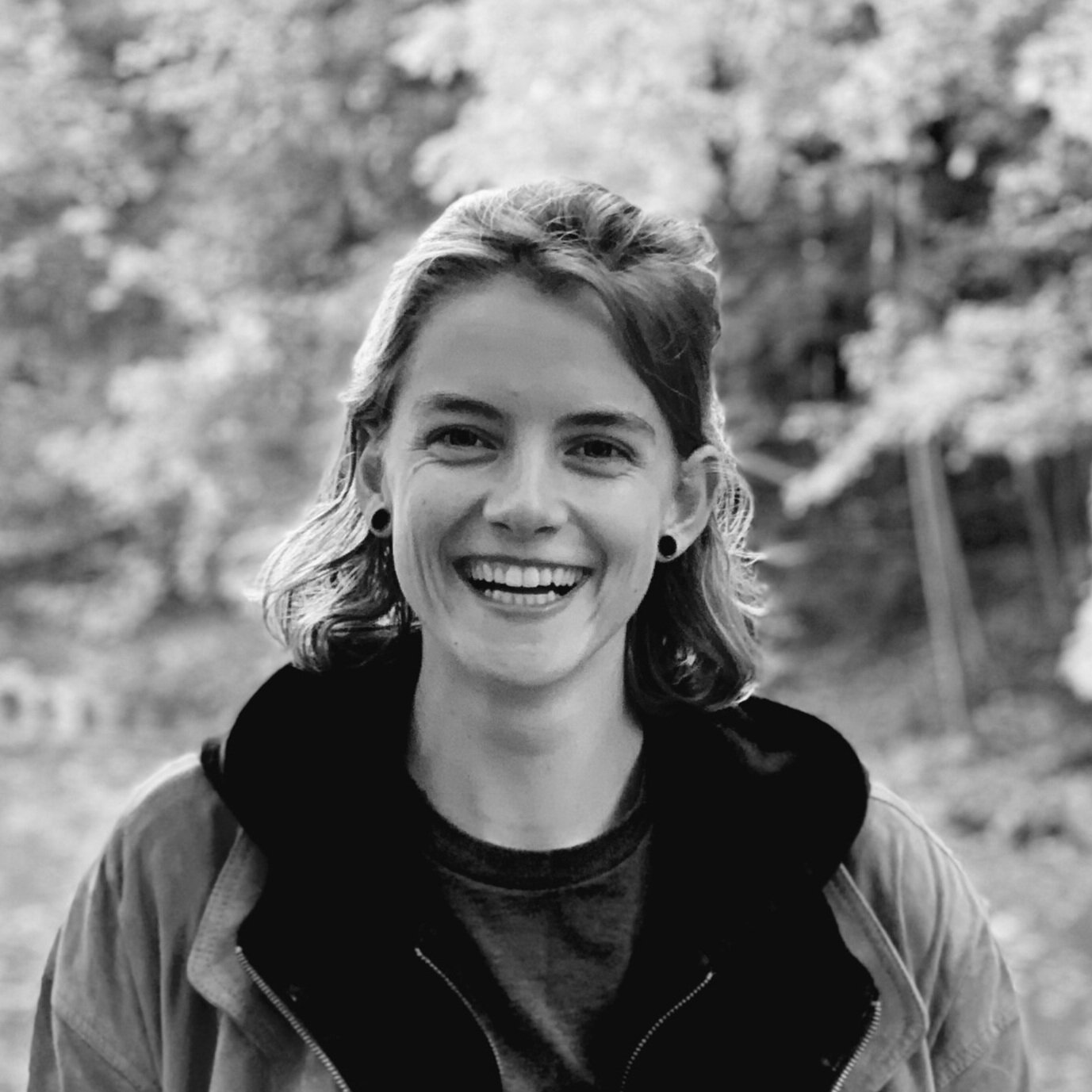
CLARICE RISSEEUW
PhD Candidate – Delft University of Technology, The Netherlands.
Supervisor
Dr. Holly McQuillan
Dr. Joana Martins
Clarice is a PhD candidate at the TU Delft, exploring the potential of flavobacteria’s living colour as responsive medium. She holds a bachelor’s degree in Industrial Design Engineering as well as a master’s degree in Integrated Product Design from the same university. During her studies in Delft and an exchange program at the NTNU, Norway, she was more and more attracted to bio design as it was the perfect way to combine her passions for design and nature. She started working with flavobacteria during her graduation project, in which she characterized, captured and communicated this organism’s vivid structural colourations. Afterwards, she joined Materials Experience Lab as a biodesign researcher of Caradt to continue her research. Still amazed by this beautiful microorganism, Clarice has now returned to the TU Delft as a PhD candidate, supervised by Prof. Dr. Elvin Karana, Dr. Holly McQuillan and Dr. Joana Martins.
Current Project
The PhD research focuses on exploring the potential of flavobacteria’s living colour as responsive medium. Bridging microbiology and design, we aim to take flavobacteria out of the lab and develop a living responsive material able to communicate through vivid colourations. Here we envision soft interfaces that can be activated by the user, offering unique possibilities for interaction design.
Material is a Medium. It communicates ideas, beliefs, approaches; compels us to think, feel and act in certain ways; enables and enhances functionality and utility. Materials Experience emphasises this role of materials as being simultaneously technical and experiential.
News & Events
